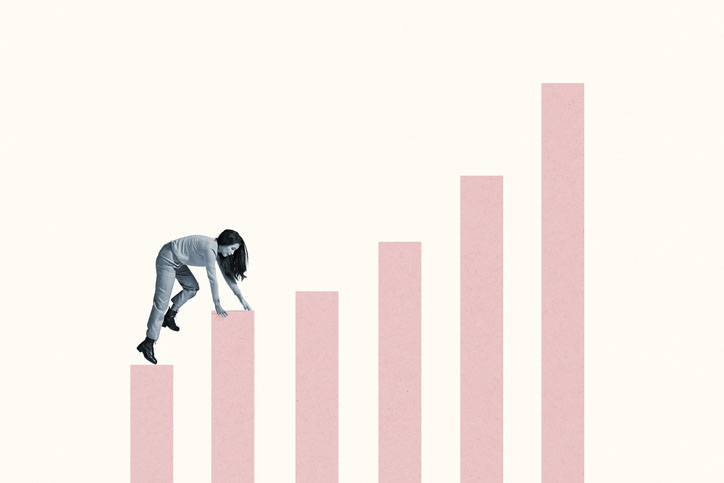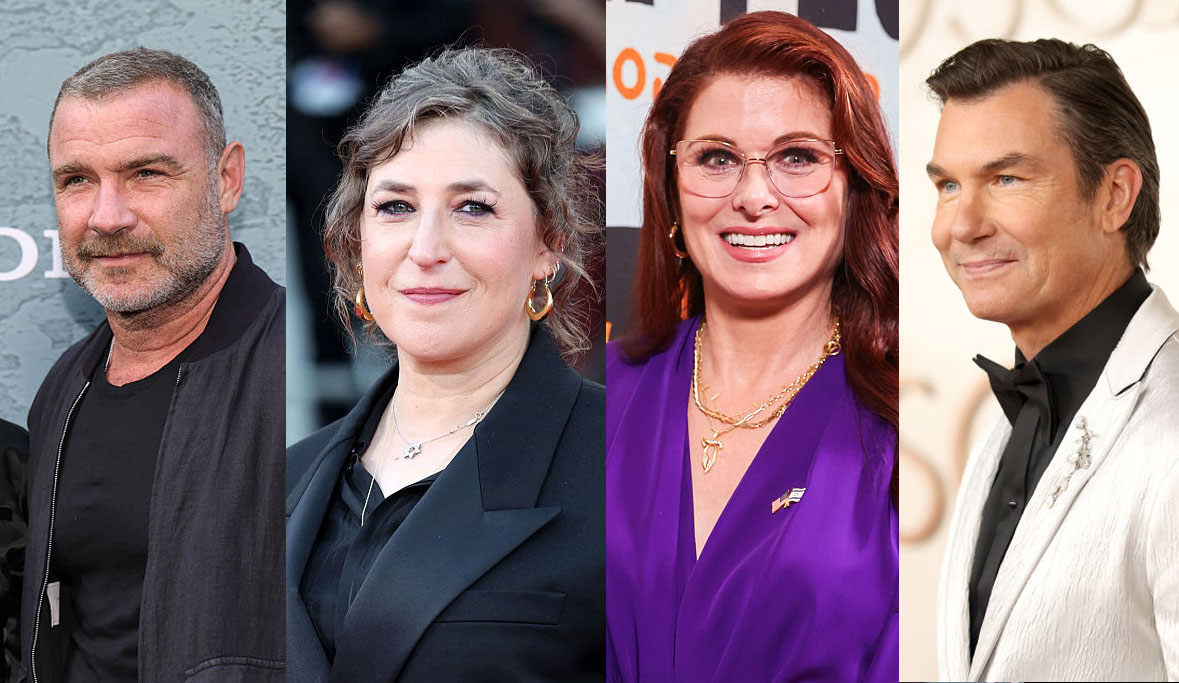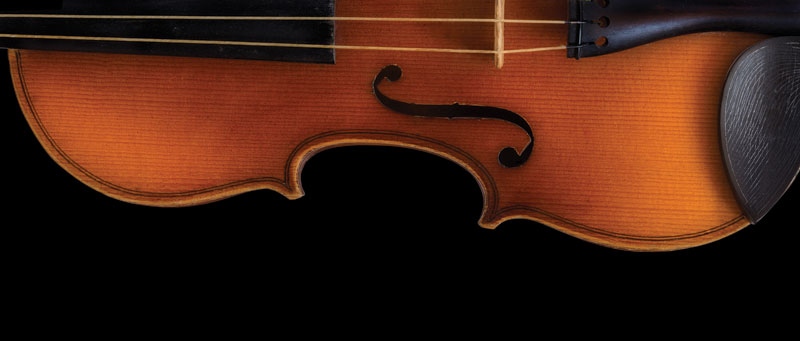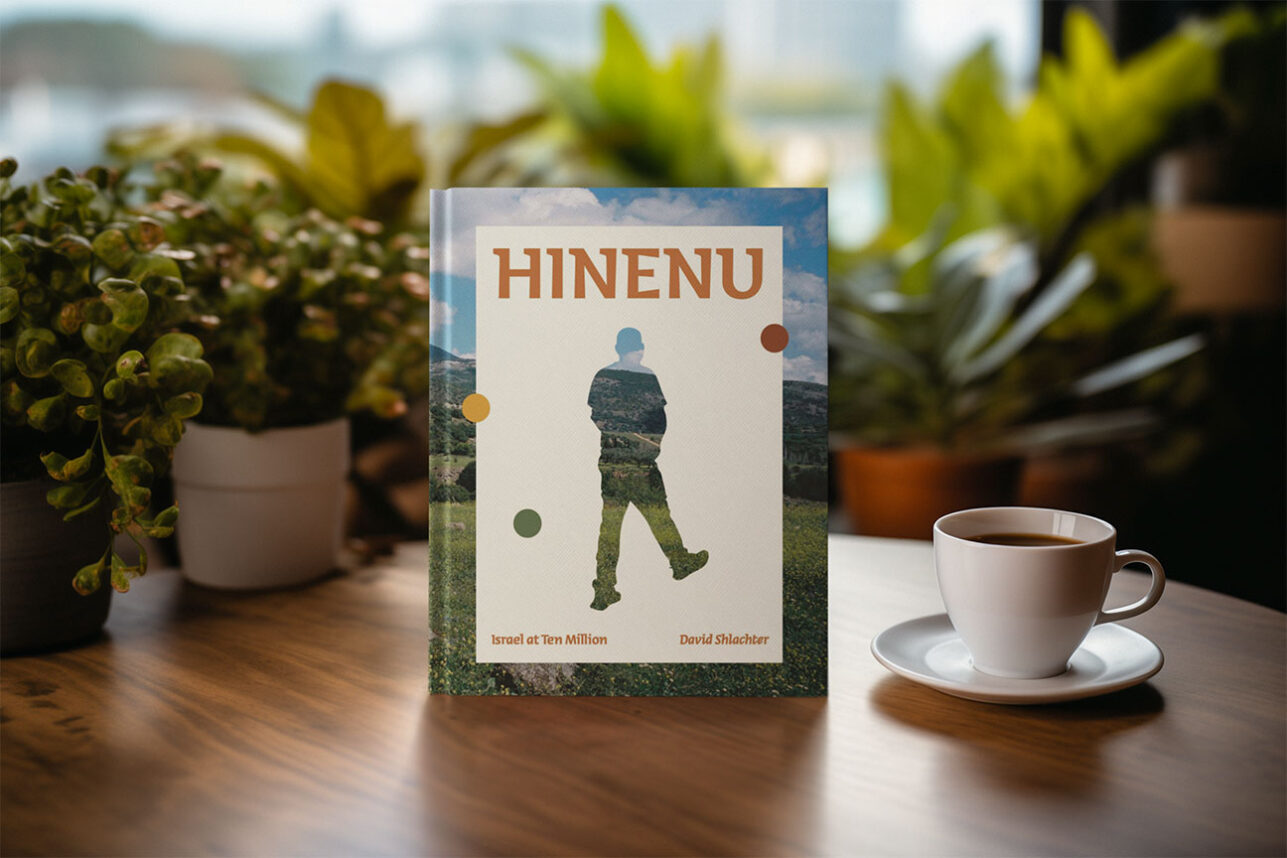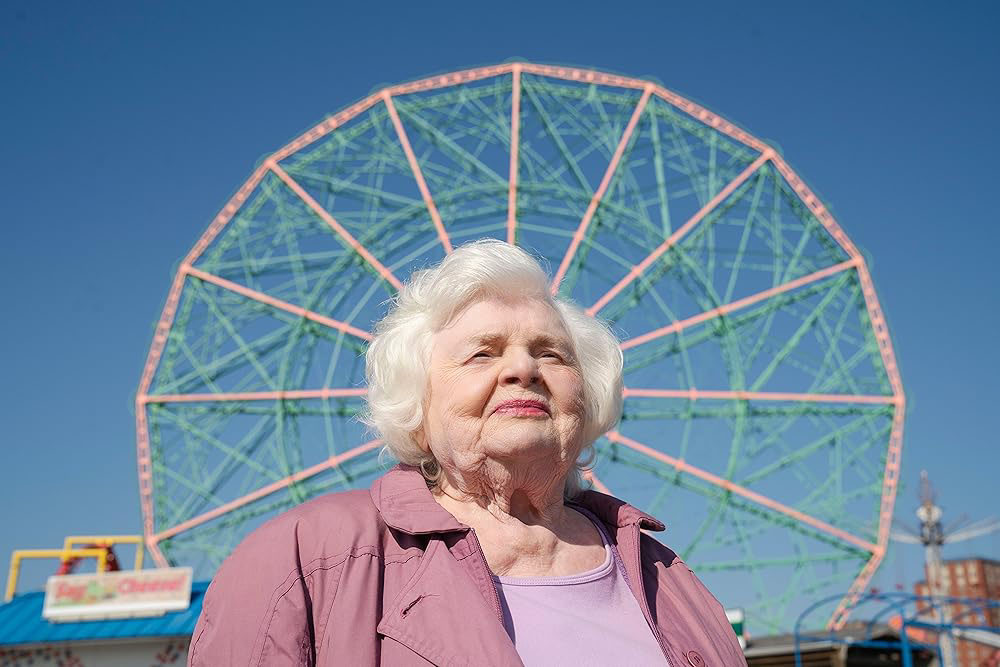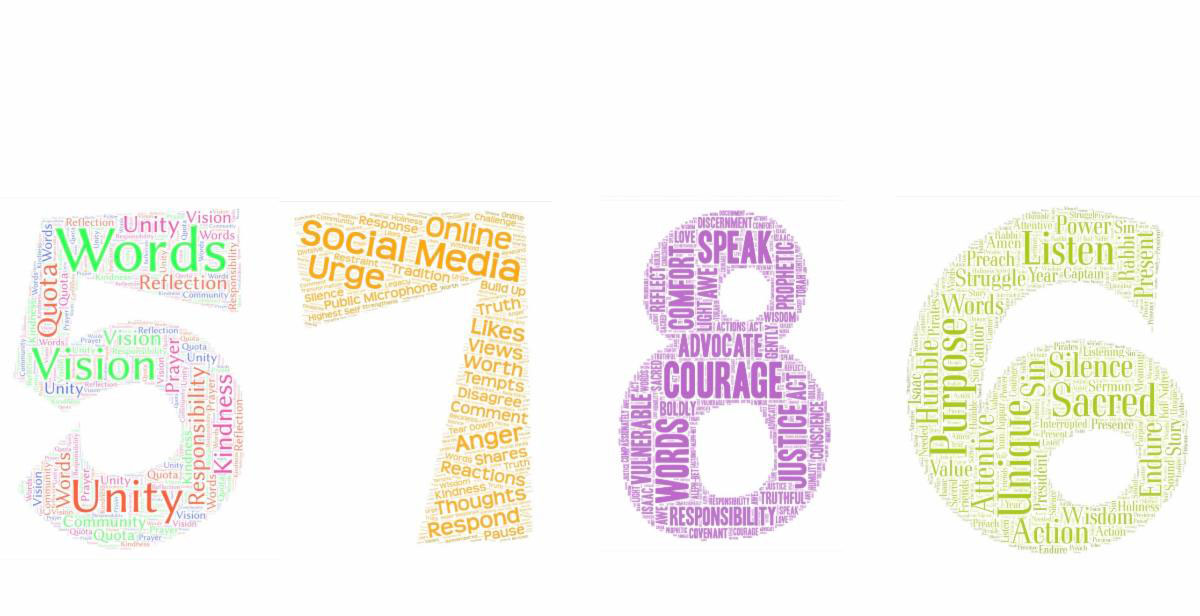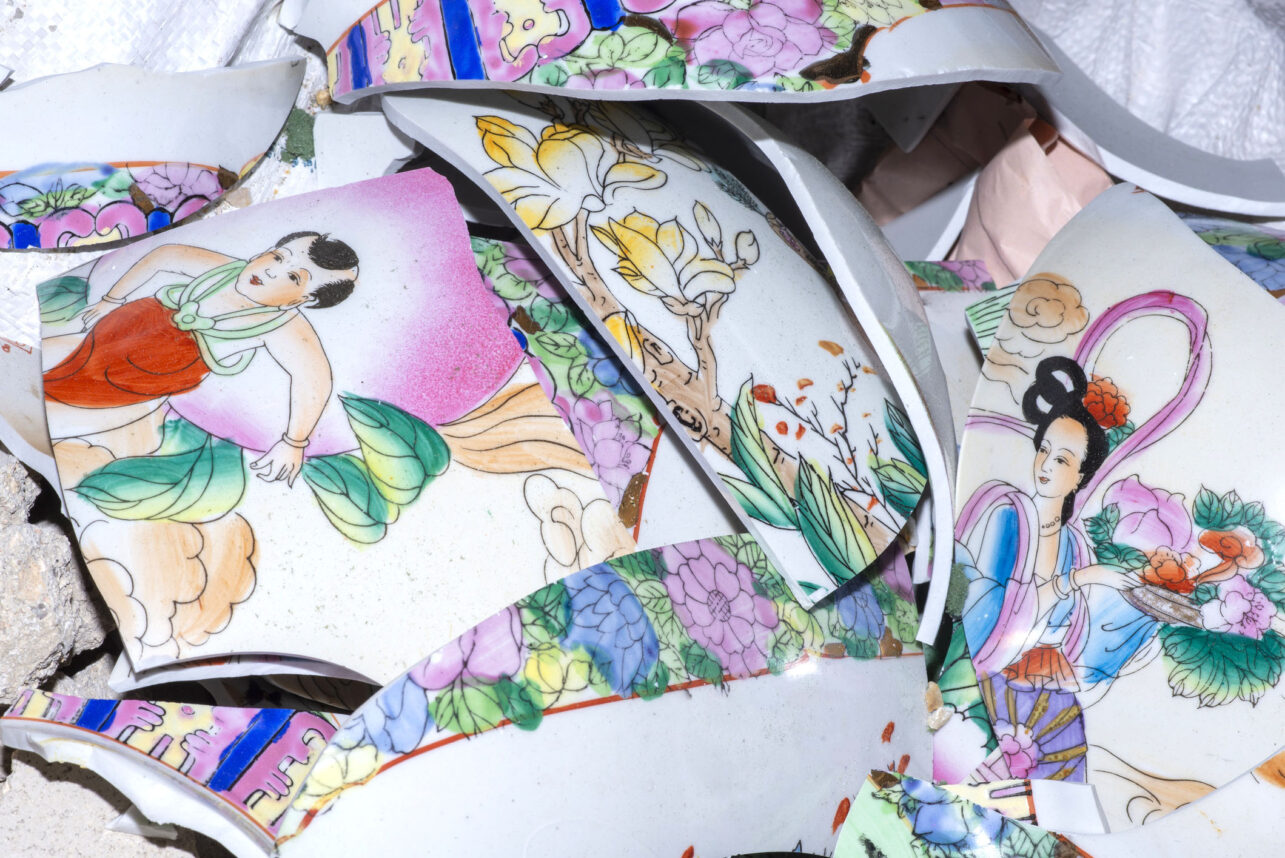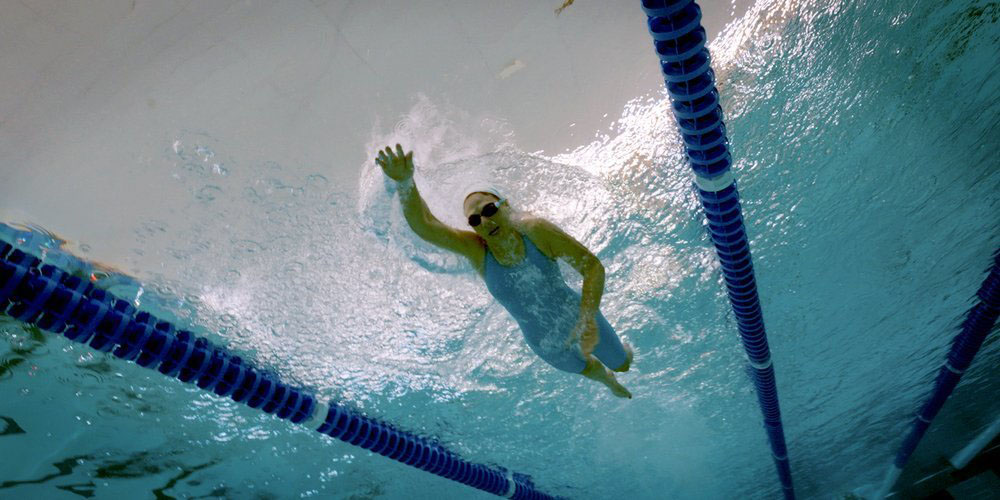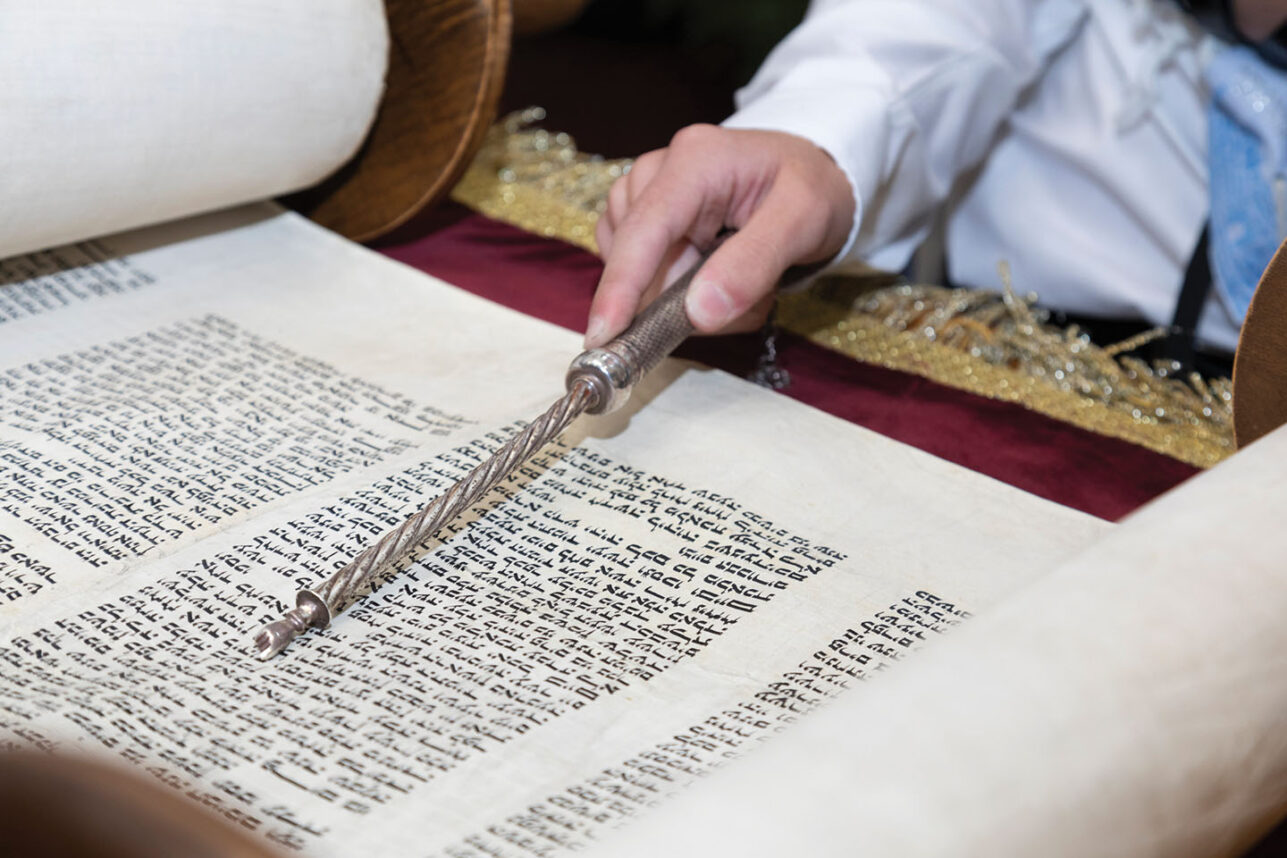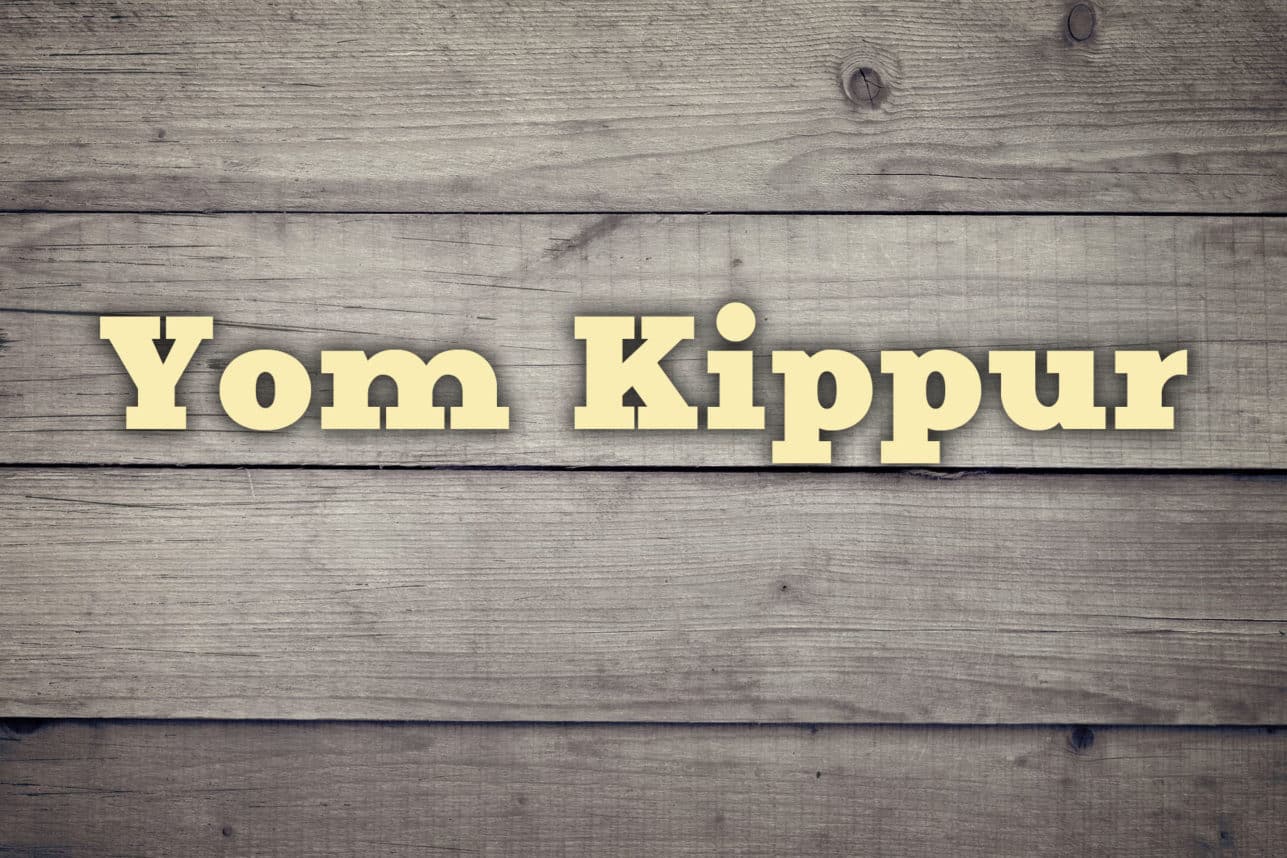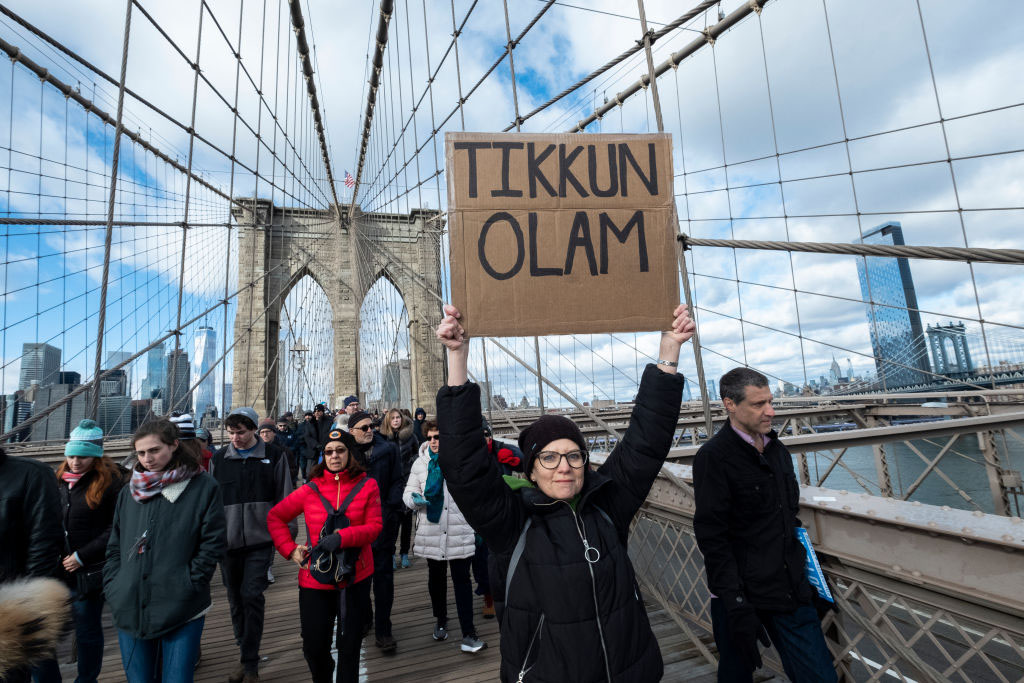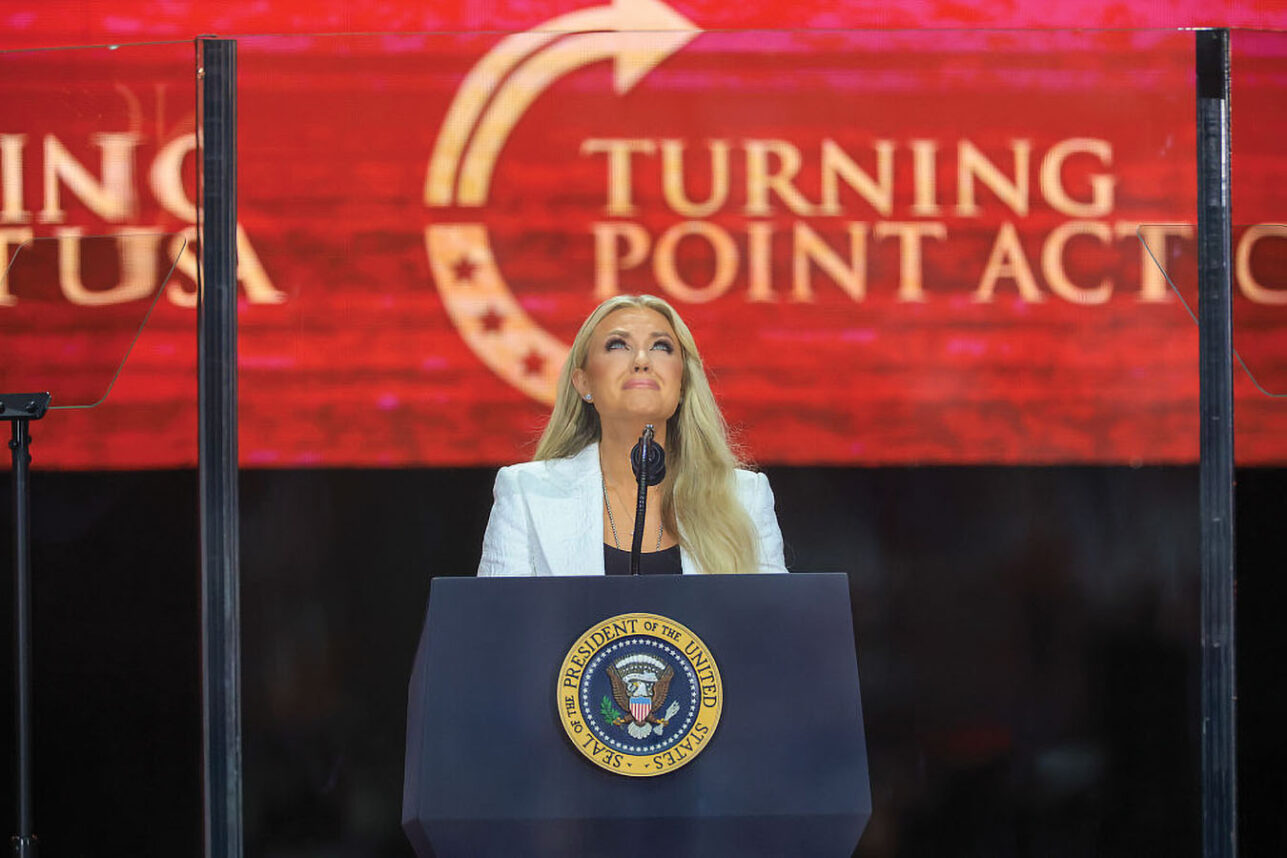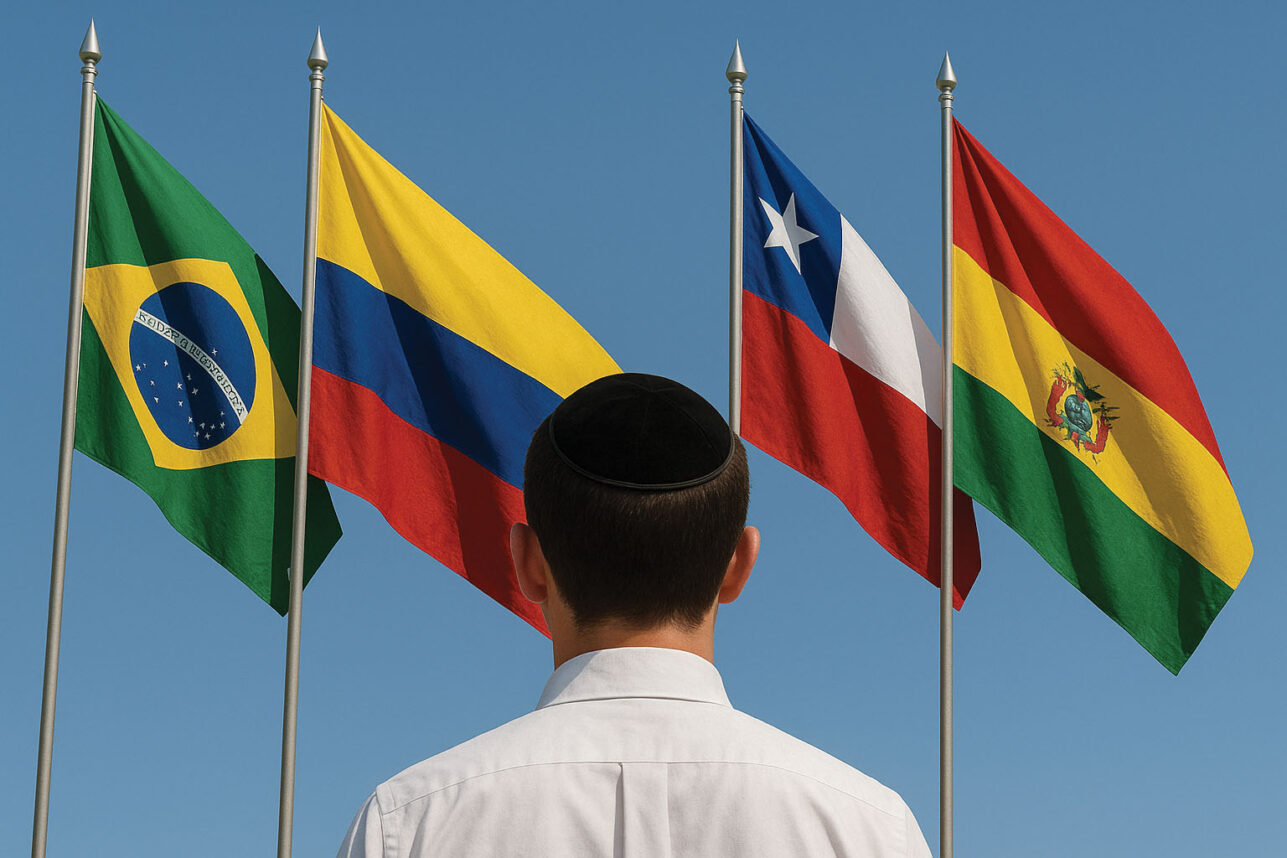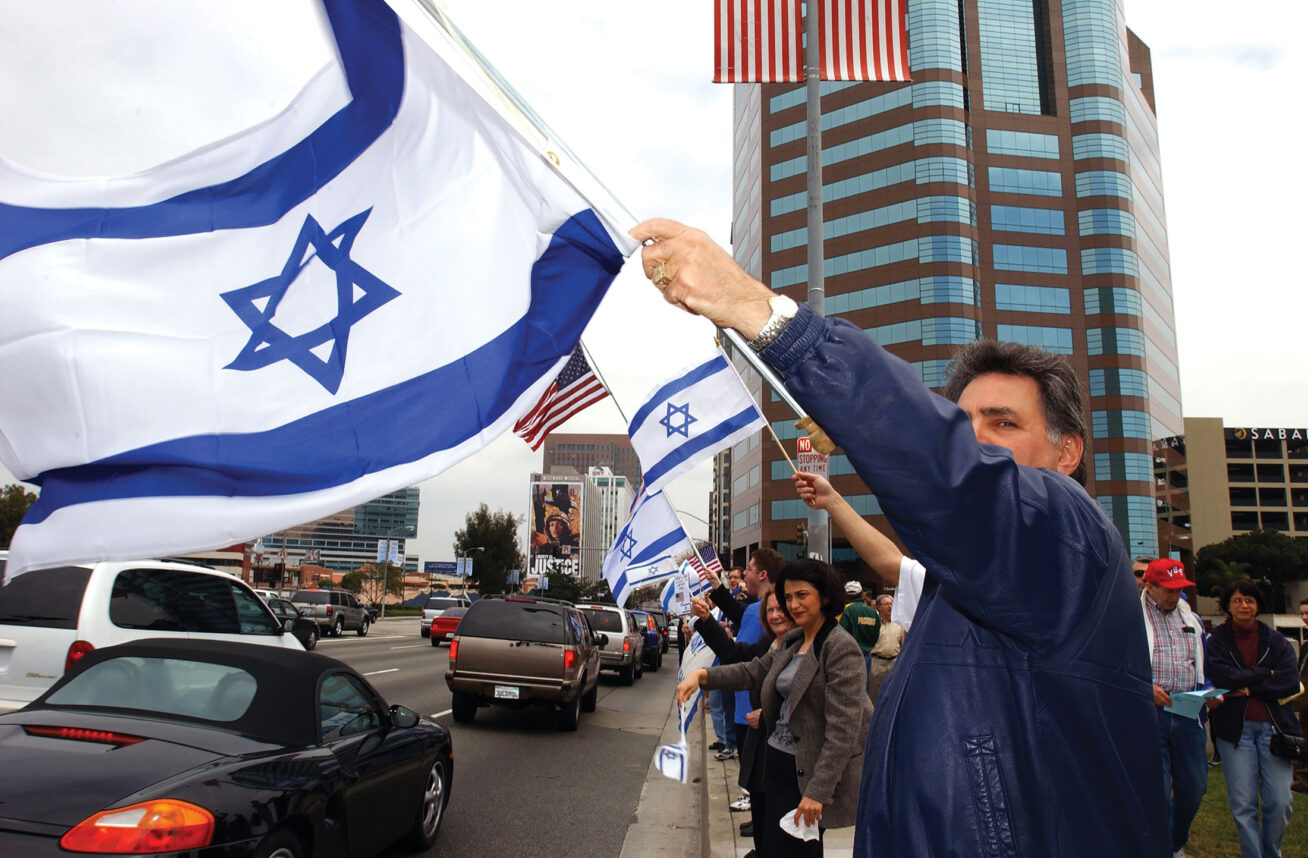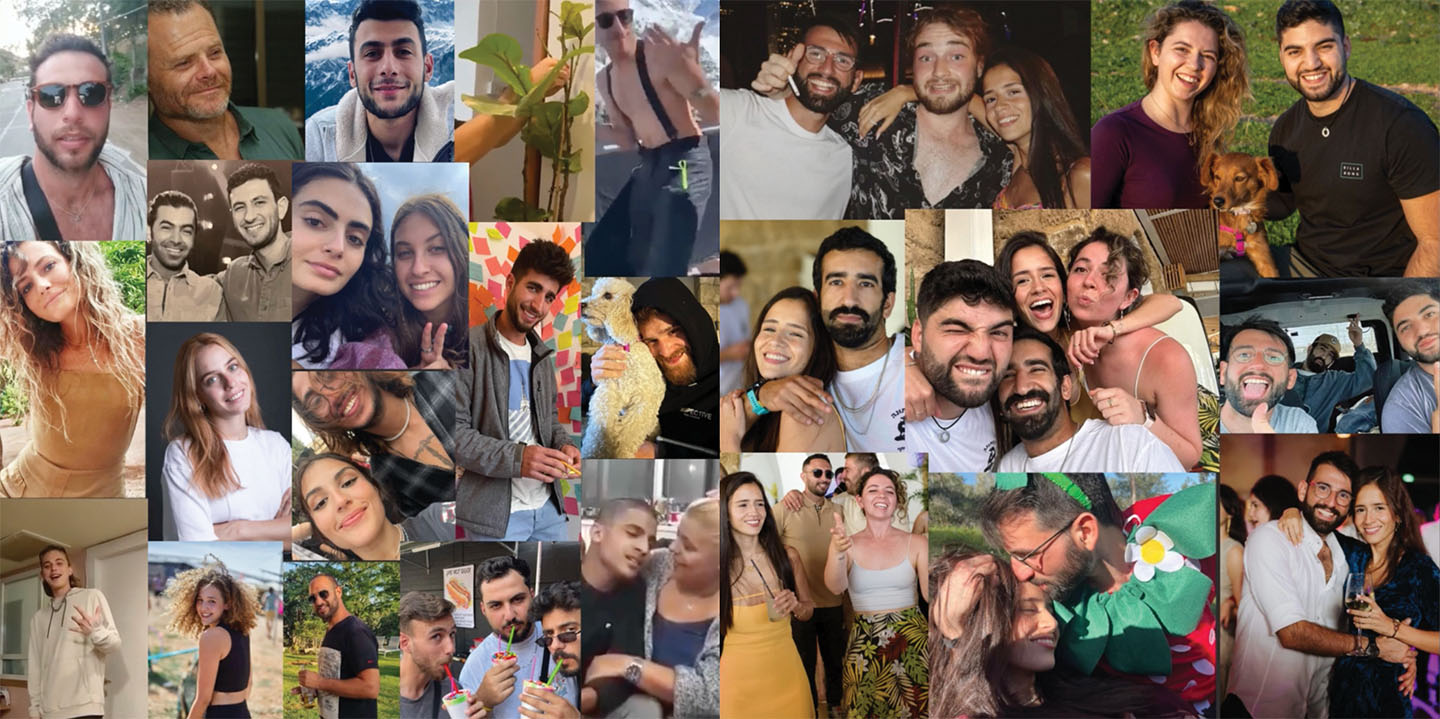Ada Yonath became the first Israeli woman to win a Nobel when the chemistry prize was awarded Wednesday. The Weizmann professor, who has dedicated her career to studying and mapping the ribosome—the protein factory within cells—shares the prize with two U.S. scientists: Thomas Steitz and Venkatraman Ramakrishnan. The trio were honored for “having showed what the ribosome looks like and how it functions at the atomic level,” according to the Royal Swedish Academy of Sciences, which awards the Nobel Prize in Chemistry.
Yonath, a professor of structural biology and the director of the Helen and Milton A. Kimmelman Center for Biomolecular Structure and Assembly at the Weizmann Institute, was born into an impoverished Sephardi family in Jerusalem during British Mandate Palestine. “We were so poor we didn’t even have books,” she told Israeli21c in 2008, after becoming the first Israeli to win a lifetime achievement award from L’Oreal and UNESCO.
“There was nothing in my childhood to suggest that I would reach this point, even though my parents and family have always thought there was a chance of recognition,” Yonath told Israeli public radio, according to AFP.
After the award was announced, Israeli President Shimon Peres, also a Nobel laureate, called to congratulate the Weizmann professor, along with Israeli Prime Minister Benjamin Netanyahu, who expressed his “enormous pride, along with the entire nation” for her achievement.
From Haaretz:
“The Nobel Prize is a true Olympics of humanity,” said Netanyahu. “It is an enormous achievement.”
Yonath was the first Israeli biologist to work with NASA in sending research material to outer space. She cooperated with NASA on 12 missions. Her research contributed greatly to the development of more effective antibiotics, which can overcome phenomenon of drug resistant pathogens.
Yonath is the fourth woman to win the Nobel chemistry prize and the first since 1964, when Dorothy Crowfoot Hodgkin of Britain received the prize.
“I’m really, really happy,” Yonath said after being informed of her victory. “I thought it was wonderful when the discovery came. It was a series of discoveries…. We still don’t know every, everything, but we progressed a lot.”
…
This year’s three laureates all generated three-dimensional models that show how different antibiotics bind to ribosomes.
“These models are now used by scientists in order to develop new antibiotics, directly assisting the saving of lives and decreasing humanity’s suffering,” the academy said in its announcement.
“All three have used a method called X-ray crystallography to map the position for each and every one of the hundreds of thousands of atoms that make up the ribosome,” the academy said.
Alfred Nobel, a Swedish industrialist who invented dynamite, established the Nobel Prizes in his will in 1895. The first awards were handed out six years later.
Each prize comes with a 10 million kronor [$1.4 million] purse, a diploma, a gold medal and an invitation to the prize ceremony in Stockholm on Dec. 10. The Peace Prize is handed out in Oslo.
Israeli physicist Yakir Aharonov lost the Nobel Prize for physics, despite predictions that he was likely to win. The committee awarded the the physics prize to engineers who developed the mechanism used in digital photography, preferring to award the prize to practical technology that could be used on a daily basis rather than the theoretical physics which Aharonov focused on.
The last Israeli to receive a Nobel Prize was Yisrael Robert Aumann, who was awarded the prize in economics in 2005 for his work on conflict and cooperation through game-theory analysis. He shared the prize with Thomas Schelling.
The number of Nobel prizes won by Israelis now stands at nine: three for chemistry (Yonath, 2009; Aaron Ciechanover and Avram Hershko, 2004), three for peace (Yitzhak Rabin and Shimon Peres, 1994, and Menachem Begin, 1978), two for economics (Aumann, 2005, and Daniel Kahneman, 2002), and literature (Shmuel Yosef Agnon, 1966).








